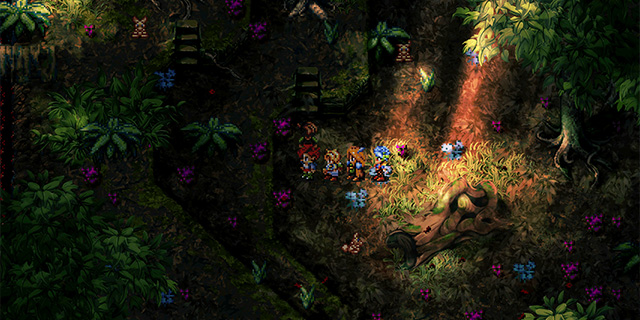
Pier Solar and the Great Architects is a return to the 16-bit glory days of the JRPG genre and was originally released for the Sega Genesis in 2010, over a decade after the last official release for the system. It was conceived as an attempt to emulate the core concepts that made other RPGs of that era so memorable, and it largely succeeds in doing so, both for better and for worse. Pier Solar developer WaterMelon ran a Kickstarter campaign in 2012 to remaster the game in HD for release on modern consoles (along with — of course — the Dreamcast), and it is this “definitive” version of the game that will likely gain exposure to a wider audience as copies of the limited-run Sega Genesis version can be very difficult to find. READ MORE
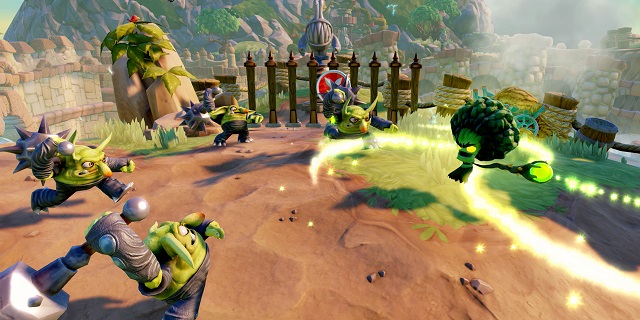
Most of the time, it’s the object of a review to evaluate a game on its artistic merits, like what it’s trying to communicate and how it goes about delivering on that vision. With some games, though, like this fourth installment of the Skylanders series, what we’re looking at is undeniably a product: a collection of bullet points loosely tied together and pressed on a disc for consumption by mass-market shoppers. That’s not necessarily a bad thing for every game, but it does make the “film criticism” school of reviews largely inappropriate.
So I’m going to follow Trap Team‘s lead and package together some bullet points for you. READ MORE
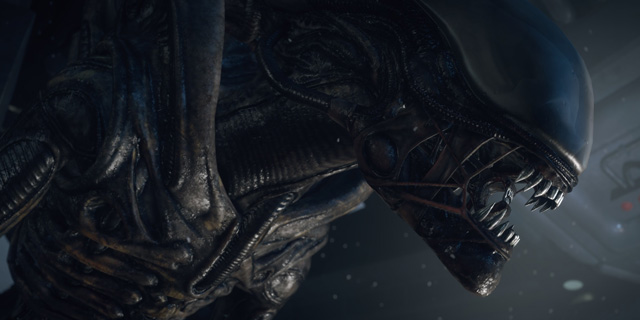
Few films have inspired a generation of action-focused science fiction, both in games and other movies, more than James Cameron’s Aliens. While the titles inspired by Aliens are generally excellent, the ones based directly on that property haven’t fared as well. This is where Creative Assembly’s Alien: Isolation comes in. Based entirely on the original horror film that spawned the franchise, Isolation is a subtler take on its source material and, as a result, manages to make more of an impact.
READ MORE
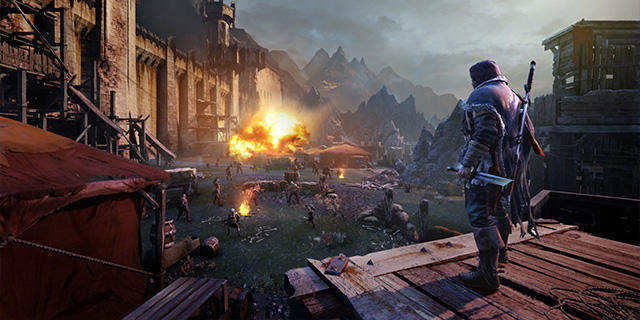
Like with any licensed property, games based on Lord of the Rings, and Middle-earth as a whole, have been mixed. There are certainly a few stand-outs, but there are just as many (if not more so) poorly made cash-grabs. With such a rich lineage from which to borrow, the potential for an excellent game in this universe seemed untapped. Middle-earth: Shadow of Mordor, Monolith’s take on the series, is different, taking a license in exciting directions rarely seen from larger studios.
READ MORE
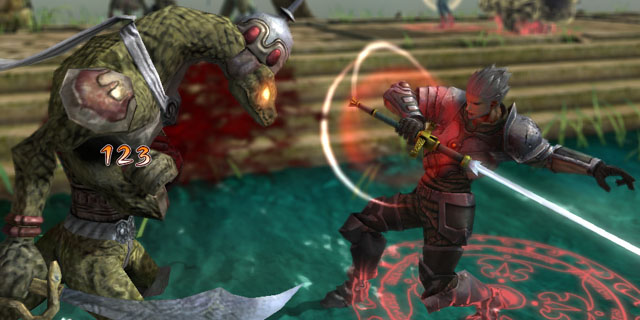
When you first encounter Natural Doctrine, it appears to be a hybrid of Valkyria Chronicles and a crazy person’s conspiracy wall. As you play more, the symbology and walls of tied-together information begin to be somewhat more legible, but the metaphor becomes ever stronger: Natural Doctrine searches frantically for answers to how to make a good strategy RPG and overlays a web of complicated systems to try to make that happen, but ultimately it’ll just drive you mad. READ MORE
























